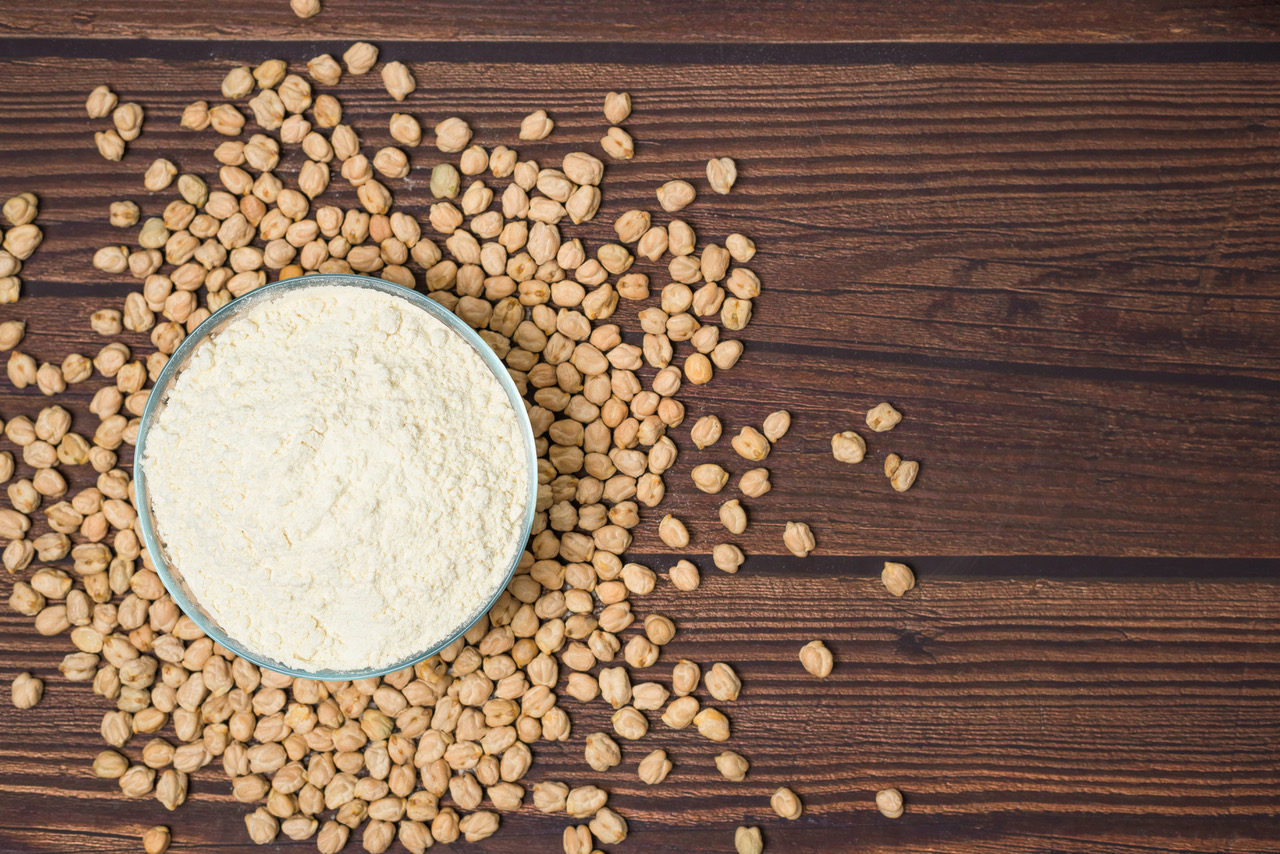The Manitoba Advantage in Dry Beans
Manitoba is the second-largest producer of dry beans in Canada accounting for 28 per cent of the country's production in 2021. Dry beans are typically grown in south-central Manitoba around Portage la Prairie, Carman, Morden, Winkler, and Altona. In addition to its strategic location in the mid-continent, the province has a robust transportation network to supply major markets like the United States.

Manitoba’s Dry Beans Industry
- Manitoba’s seeded acres for dry beans are climbing. In 2021, 193,300 acres were seeded in the province, producing 109,436 tonnes of dry beans and generating $129 million in farm cash receipts. In 2022, farm cash receipt for dry beans was $122 million.
- In 2021, the average yield for dry beans was 21.33 bushels per acre.
- In 2021 and 2022, Manitoba exported dry bean products valued at $140 million and $126 million respectively.
Processors
Primary Buyers
Industry Associations
Market and Consumer Trends
The demand for plant protein has gained traction in North America. Dry bean is an excellent source of protein, dietary fibre, vitamins, and minerals. The protein content in most beans grown in Manitoba is around 24 per cent. High-protein bean flour is used as an ingredient to prepare plant-based food products.
Research
The University of Manitoba researches soybean and pulse crop agronomy and cropping systems. Agriculture and Agri-Food Canada research stations in Morden and Brandon conduct research on pulse and soybean disease.
Contact
For more information about Manitoba’s dry beans sector or if you would like this information in an alternate format, email us at: agindustrydev@gov.mb.ca.

